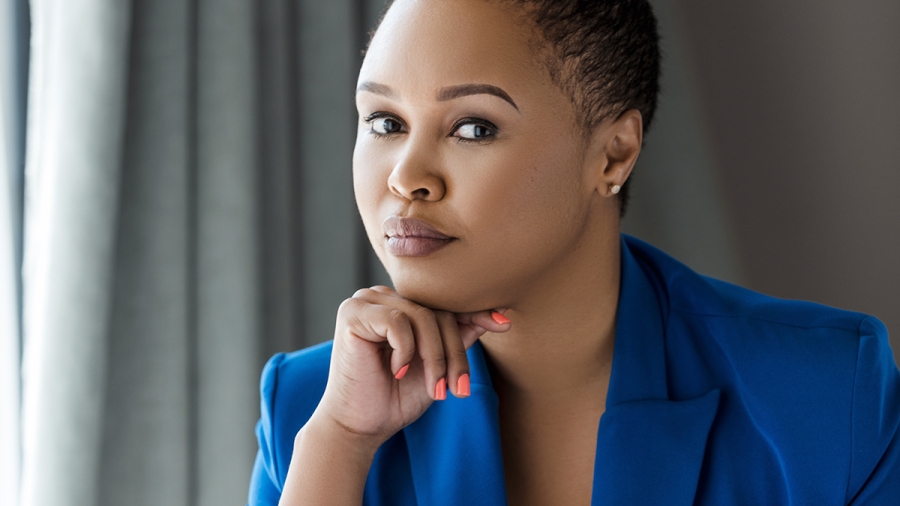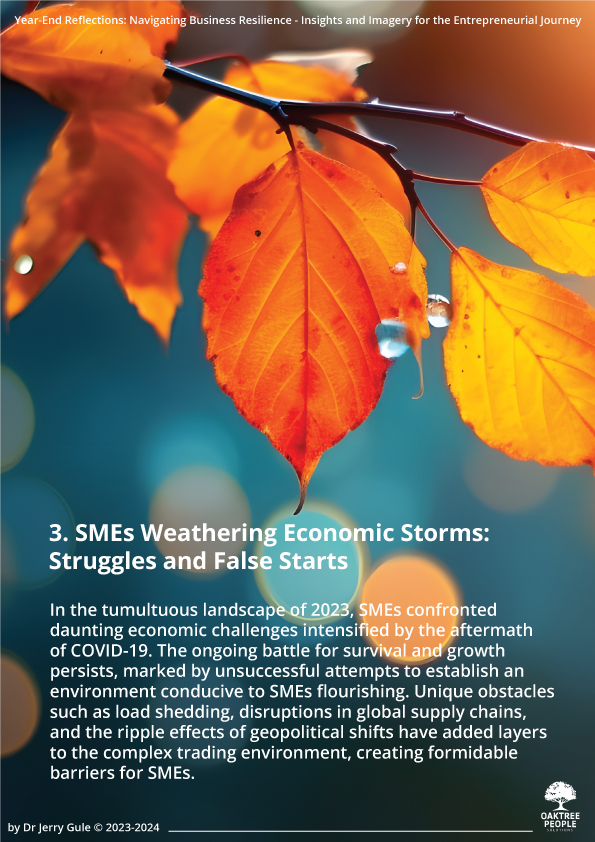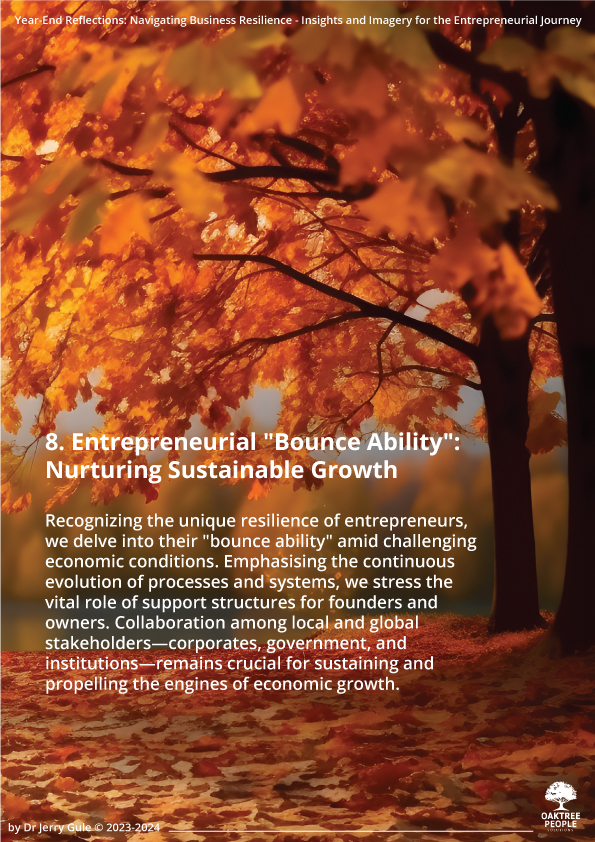A: Understanding your purpose is crucial. What is your “why”? For me, I’ve always been guided by my professional and personal purpose. I do this for my family and for the people around me who depend on me. I do this for my employees and the communities that I serve. You cannot move forward or work hard unless you know why you need to do this. My purpose is to create innovative solutions, empower, and build people and our communities.
A: I come from a family of strong women. My mother was an entrepreneur selling sweats, and I grew up learning and understanding what an entrepreneur is. I am an accountant by profession and worked in corporate for a long time until I decided to make a move into doing something different. The facilities sector was growing, and the demand was disrupted and high. In 2016, I was fortunate, through persistence and perseverance, to land a big contract, and today we employ approximately 460 people. We have since diversified our business and created an Academy focused on training and developing cleaners and skilled artisans to the best of their abilities, adding quality to our business and their lives. Cleaning is not seen as an important job, but through the Academy, we can build functional skills and emphasize the importance of the job.
A: I place high value on diversity, and it is a personal commitment for me. I am very vocal and stand firm in my views on fostering diversity. There is not enough focus on the collective. This is a necessity, not a nice-to-have. The philosophy that I live by is that “when you empower women, you empower a village.” When we fail to do so, we fail as a collective. I dislike Women’s Month. I don’t think that we should be celebrating women. For me, the focus creates differentiation rather than emphasizing the truth that we are all one. I don’t like the taglines given to “women in business,” “female founder,” or “100% black-owned women.” Why? Do we say and do this? We should be treated the same. We are all the same, and calling us out differently reinforces the idea that we are different and should be treated differently. Why do we do that? We need to understand that there is no difference and therefore not create the difference by talking about it.
A: There is not enough integrity in the process. We cannot pay lip service to it. Women are disadvantaged and not given equal opportunities. We have to work harder and be seen. I see this as a numbers game, a tick-box exercise rather than a focused effort on fairness and equal opportunity.
A: The public sector, while trying to do a lot, does not achieve outcomes as the leadership changes shift priorities over and over again, creating a stop-start program. We need more investment and actions that match the talk. Action and delivery. The private sector needs to have an SME/supplier graduation program. We need commitment to be on the supplier base and to be given an opportunity. We need a plan of action. We need to change how we do business so that the action is evaluated and measured. As business leaders and entrepreneurs ourselves, we also have to take ownership, be educated, and have extensive knowledge of our businesses. Master your 5-minute pitch and ensure you have benchmarks. Have the business skills and plan and ensure that you are funding-ready.
A: We have developed an academy to train and graduate artisans, allowing them to grow their businesses and at the same time provide high-quality workmanship and services to our clients. It’s a win-win. The value chain creates impact. Our focus is on working on sharpening our service and growing our business through innovative offerings, partnerships, and collaborations.














